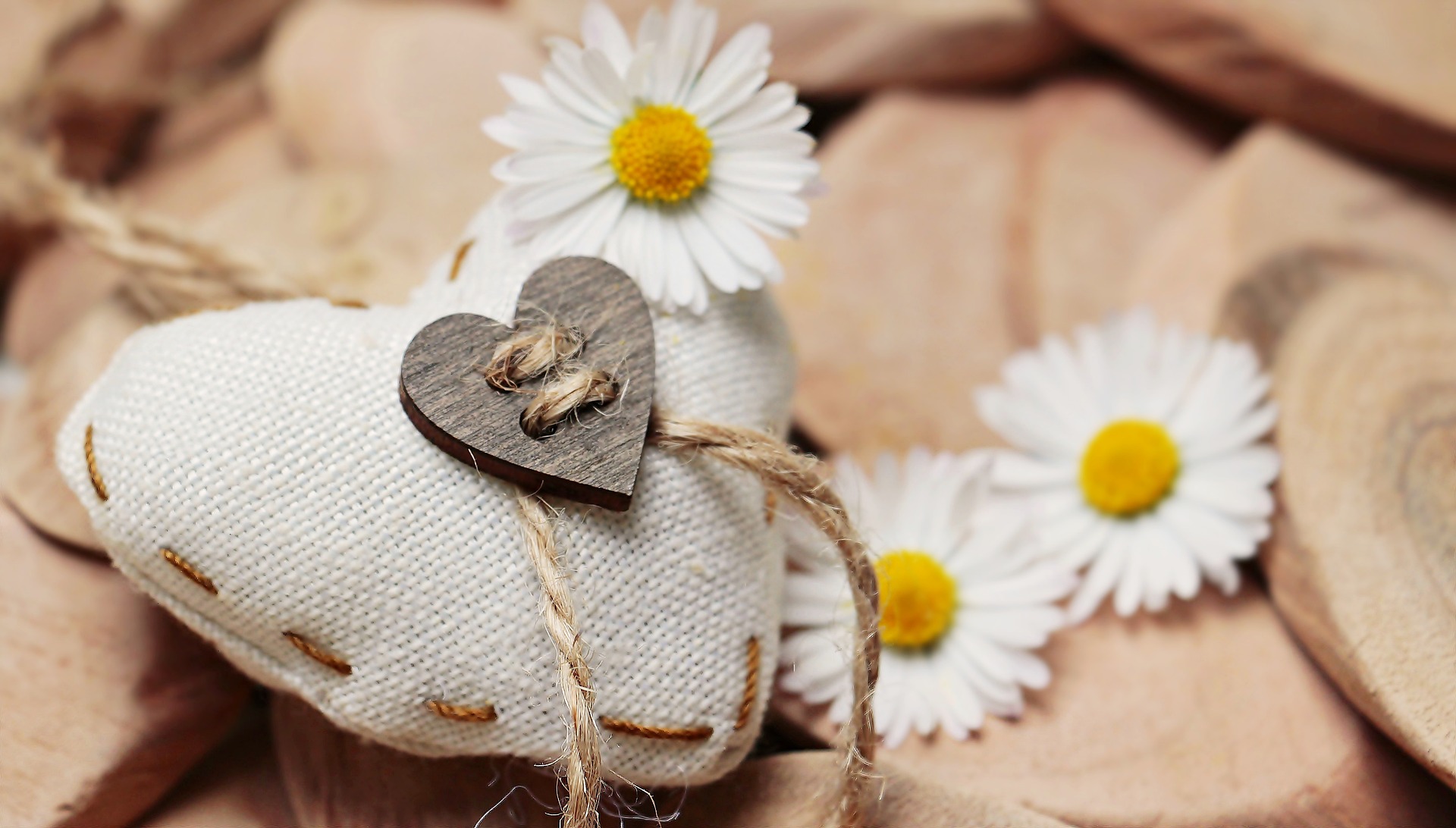Grief is something that everyone will face at some point in their life. And, though while the inevitable is expected we can never quite prepare for the moment. Grief is the natural response to loss. It is the emotional, mental, spiritual suffering you feel when something or someone you love, is taken away. The pain of grief can also disrupt your physical health, making it difficult to sleep, eat or even think straight. The more significant the loss the deeper the grief will be.
Grief in life can come in many forms. Loss of a loved one, loss of a relationship, loss of health, loss of job, loss of financial stability, loss of a pet, loss of a dream, loss of a friendship and any life loss we see as important to us. Even subtle life losses can trigger grief. Whatever the loss in our lives, it is personal experience to us and we are able to grieve in any manner in which works for us.
Grieving is a highly individual experience. How we grieve depends on many factors, including personality and coping style, life experience, your faith and the significance the loss is to you. The grieving process takes time. Healing happens gradually, it cannot be forced or hurried – there is no set “timetable” for grieving. Some might grieve for years while others might start to feel better in weeks or months. Be patient with yourself and allow the process to naturally unfold.
The important thing to remember is, grief will not go away faster if we ignore it. This will only make it worse in the long run. For real healing, it is greatly necessary to face our grief and actively deal with it. We don’t need to put on a brave front. By showing our true feelings, we can greatly help ourselves as well as those around us. Also, those who don’t cry may feel the pain just as deeply as others. Everyone has a different way of dealing with pain and loss.
One of the most amazing parts about being human is that we are all so unique. We might find similarities within or friends and family, but at our cores, we are all distinctively diverse. However, one common thread that connects us all, is emotion.
We have all felt happy, sad, excited, nervous, fearful and angry. But, the one emotion that is has the ability to be all-consuming, is grief. It can swallow us up whole, locking us in its tormented abyss. It is the emotion that we have to claw our way out of to get through it. It makes us wonder at times, if we ever will. Grief is such a strong emotion. We all form deep connections and bonds with people, and when they are no longer with us, we feel immense pain. For, if we love, we will feel grief.
Let’s take a look at some positives that can come from this strong emotion, in order to gain further perspective in getting through it:
- Grief helps us become more understanding of others. It makes us more aware of people’s feelings.
- In tough times, our strength shines through for us. Grief is a tremendous resilience builder. We learn to embrace our strength when things are going poorly and when there are tragic events taking place. When we are being tested, our strength emerges and we can show what we are truly made of.
- There will always be support. Communities are built around losses. They are there to come together to help those grieving. People in your life and who knew your loved ones will be there to show their support. When you are in a low place, a place so consumed with grief, having the comfort of those around you can truly make a difference. Whether it is the support of family, close friends or acquaintances, the love and kind words of comfort can make something so tragic, a little bit easier. People will stop thinking about themselves and their problems to focus on comforting those who are in pain.
- We are reminded of our vulnerabilities. We reveal our true selves when grieving. It helps us bring down the walls we have built around ourselves. When we are trying to process what has occurred we go from calmness, to disbelief, to frustration, to anger and then despair. There are times to show strength in your feelings and times to allow them to be vulnerable. For, even the strongest people can have moments of fragility. And, it is okay. It has “always” been okay.
- Newfound appreciation of life. With grief and healing comes a deeper value in life. We stop taking people and things for granted. We start seeing a new side of life and no longer sweat the small stuff. We learn to let go of things. We try to laugh a little harder, breathe a little deeper and love a little stronger. We realize that life is short. We want to make the best of it and bring further purpose to all that is around us.
There is no right or wrong way to grieve. But, there are some healthy ways to deal with the grieving process:
- Express your feelings – journalize how you are feeling, your thoughts, your memories. By writing them down helps give you more mind-space to move on knowing that all your thoughts are now saved elsewhere.
- Maintain hobbies and interests – there is comfort in routine and returning to activities that bring you joy and connection to others. This can be a much needed uplift and inspiration in your life. Distraction can also be your best friend.
- Get physically active – the mind and body are connected. The more physically healthy you are the better able to cope with your emotions. Get more sleep, eat healthier and exercise.
- Be around positive people – let their uplifting energy inspire you to heal.
- Help others – sometimes our pain is minimized when we realize we are not the only ones suffering.
- Avoid alcohol or drugs to numb the pain of grief or life your mood artificially – this actually can reverse your healing process, bringing on deeper depression, sadness and anxiety.
How we all grieve is completely unique and depends upon our coping mechanisms and the level of importance to a life loss. Whatever the situation occurring in our life, how we respond to it is up to us. Sometimes we need to seek forgiveness, deal with a sense of guilt or resolve anger associated with the grief. To others, a sense of peace might occur through acceptance of the loss and we see it as a life lesson for further growth, or viewing the loss of a loved one having to no longer suffer. Continue to seek balance within yourself and do remember that the passing of “time” heals, even the worst life moments.
Socrates once said: “Sometimes you’ve got to deal with the darkness before you can see the light”. His words are prophetic for us all. Where there is light there is shadow, every outside has an inside, every high has a low. Through challenging times we are able to elevate our awareness and attention to what matters most.
Our emotions are like waves on the sea or weather in the skies, rising and passing on their own accord. In your life journey, your emotions are the natural weather fronts you pass through (and that pass through you) along the way. We are not responsible for our feelings, only for our response to them.
Accept your emotions completely and let your feelings be what they may. Learn from them, allow them to bring further strength and resilience, help deepen your life value and appreciate everything around you with a more positive outlook. Through darkness, there will always be light waiting for you at the end of it. We are all much more resilient than we think we are. Sometimes we don’t know our own strength until we are forced to draw it out of us.
Live, love, laugh as much as possible! Kindness, love and appreciation can heal every broken heart. Accepting your emotions, and the emotions of others, serve to heal and rejuvenate your life journey. Remain open-minded and approach your feelings and emotions with kindness and respect. They all appear for a reason. Whether happy or sad, they are a part of us and help us be human and whole. They are all natural responses to our life circumstances. You need not try to change them.
For, life is a series of moments. Know that after the rain, there will also be rainbows that do appear again. Accept your feelings, whatever comes your way, as truly your own. You are deserving to be and feel all that you are.





